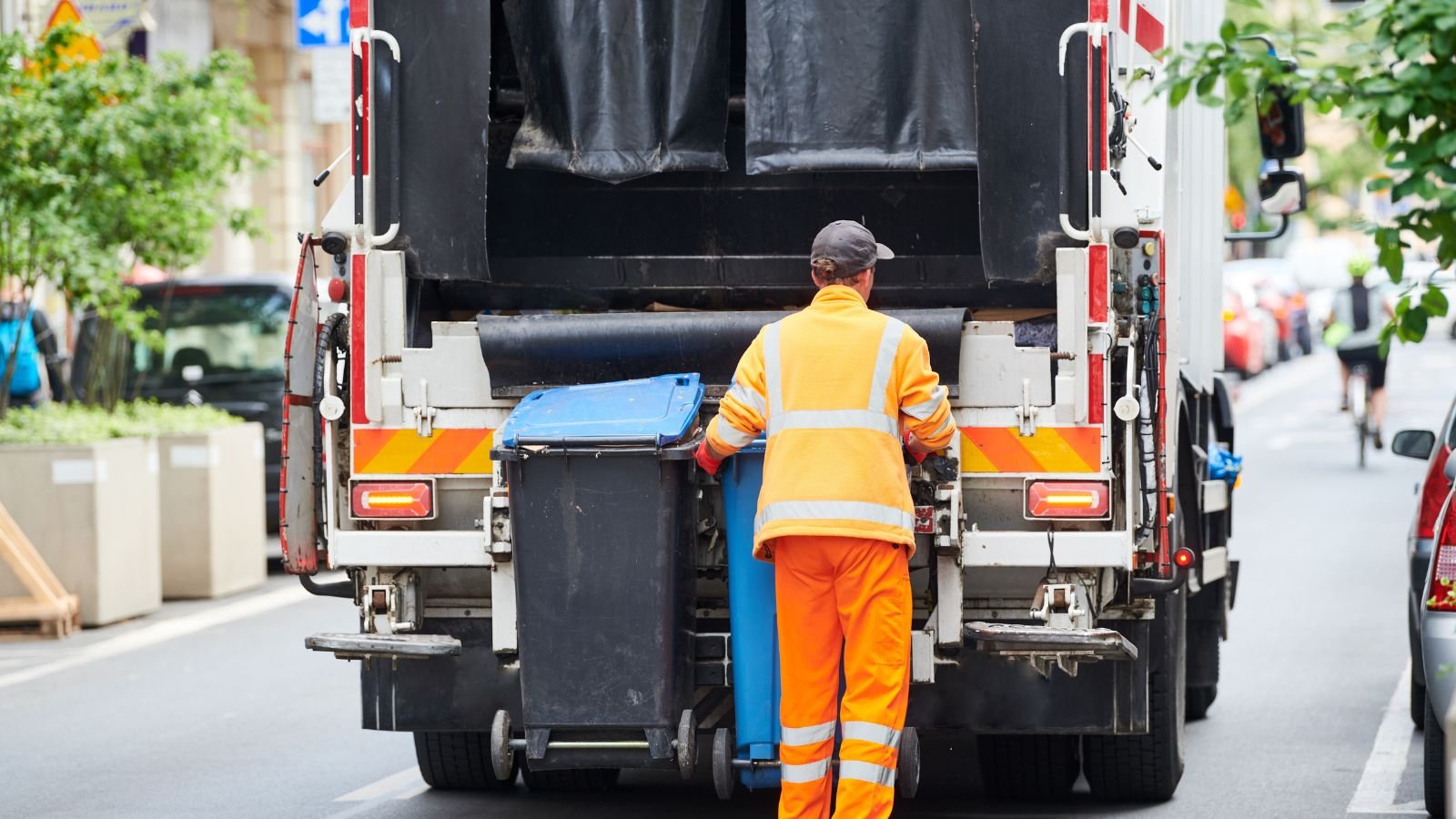California is known for its scenic beauty, vibrant culture, and innovative economy. Living in the Golden State is expensive, especially regarding the taxes paid. This blog covers 16 taxes that leave the residents paying more than people in other states.
Income Tax

California has a progressive income tax system with rates ranging from 1% to 12.3%, the highest in the nation. For example, a single filer with an income of $50,000 would fall in the 2% tax bracket, while a married couple filing taxes together making $100000 would fall in the 6% tax bracket.
This collection of taxes generates enough revenue for the state and funds public services like education and healthcare. California also offers deductions and credits to reduce your tax burden.
Sales Tax

The state imposes a base sales tax rate of 7.25%, with local governments adding additional percentages. This tax is added at the point of sale for most goods and services. It is imposed on retailers for selling tangible personal property at retail. Retailers can obtain reimbursements for their tax liability from the customers at the point of sale. This tax funds various state and local government services, including transportation and public safety.
Vehicle License Fees

It is based on the value of your car and not on its property tax, which can be 1.15 % of the vehicle value. Additional fees make up the total registration cost, but the VLF is the portion you can deduct from your taxes. Revenue from these fees supports local governments and public safety programs. Vehicle owners pay this fee when they register or renew their vehicle registration.
Corporate Tax

California’s base corporate income tax rate in 2024 is 8.84% of net income. It applies to all corporations incorporated in the state who pay it annually. There may be additional surcharges depending on the corporation’s income level. The tax rate is among the nation’s highest and is a significant revenue source for funding several state and public services.
Capital Gains Tax

This tax uses progressive tax brackets from 1% to 13.3%, depending on taxable income and filing status. Assets over a year qualify for long-term capital gains rates, generally lower than short-term rates for investments held less than a year. This tax targets profits from significant investments.
Tobacco tax

The state imposes a tax of $2.87 per pack of 20 cigarettes. Other tobacco products have a variable rate, and as of July 1, 2024, it could increase to 52.92% of the wholesale price. It aims to reduce smoking rates, and the revenue from these taxes goes towards healthcare programs, environmental initiatives, and tobacco use prevention. Retailers include this tax in the price of cigarettes.
Alcohol tax

The alcohol tax has mostly stayed the same in 2024, but some new things have been introduced. The state has made a Beverage Container Recycling(CRV) Program that requires customers to pay a deposit on wine, liquor bottles, large juice containers, and boxed wine, but they get their money back when they recycle these bottles.
The CRV deposit amount depends on the bottle size and adds to the overall cost of the alcoholic beverages. The overall tax on alcohol is the same, around 20 cents per gallon for beer and wine and $3.30 to $6.60 per gallon for liquor. It generates revenue for the government and promotes recycling initiatives through incentives.
Franchise Tax

The tax imposed for people doing business in the state applies to corporations, LLCs, partnerships, and other business entities. The tax rate depends on the type of business:
Corporations – 8.84%, Banks and Financial Corporations – 10.84%, and Financial S Corporations – 3.5%
The franchise tax amount will be more significant than the following- $800 or the applicable tax rate percentage of the net income.
Businesses estimate and prepay their franchise tax liability throughout the year in installments or pay this tax when they file their annual tax return.
Transient Occupancy Tax

The transient occupancy tax is 12% of the rent charged to transient guests in hotels/motels, which includes home-sharing services like Airbnb. The lodging operator usually collects the TOT from guests and then forwards it to the local government. This tax revenue helps fund tourism promotion, infrastructure, and public services. In 2024, some areas have a base TOT, like Los Angeles County’s 12%. Many localities add additional district-specific taxes on top.
Property Tax

Property tax in California is calculated at a standard rate of 1% of the assessed property value plus additional charges. Proposition 13 limits the annual increase in assessed value to 2%, alongside other contributing factors. Property tax revenue primarily funds local services such as schools, parks, and emergency services.
Gasoline Tax

The current Gasoline tax is 57.9 cents a gallon, and from July 1, it will rise to 59.6 cents a gallon. The price per gallon at the pump includes the tax. The tax contributes to transportation infrastructure projects like road repairs and public transit.
Use Tax

This tax applies to the state’s use, storage, or other consumption of merchandise and vehicles. It is applied when you purchase without tax from a business outside the state.
Utility Tax

California does not have a state-wide utility tax, but a proposal is being made in April 2024 to add a $24 monthly tax on utility bills. It would increase electricity bills for all living in apartments, tiny homes, and condos.
Hazardous Substance Taxes

A tax on a business that generates, uses, or stores hazardous materials. Businesses pay this tax annually based on their dangerous materials inventory. It is used for environmental cleanup and aiding public health programs.
Real Estate Transfer Tax

This tax applies a flat rate of $1.10 per $1,000 of the sale price (0.11%). The seller or the buyer pays this tax at the time of property transfer.
Rental Car Tax

Renting a car involves two main types of taxes- State Sales Tax and Tourism fees. The state sales tax is flat at 7.25% on the base rental rate, and an additional 3.5% adds to tourism promotion. This tax helps fund transportation projects and services.
